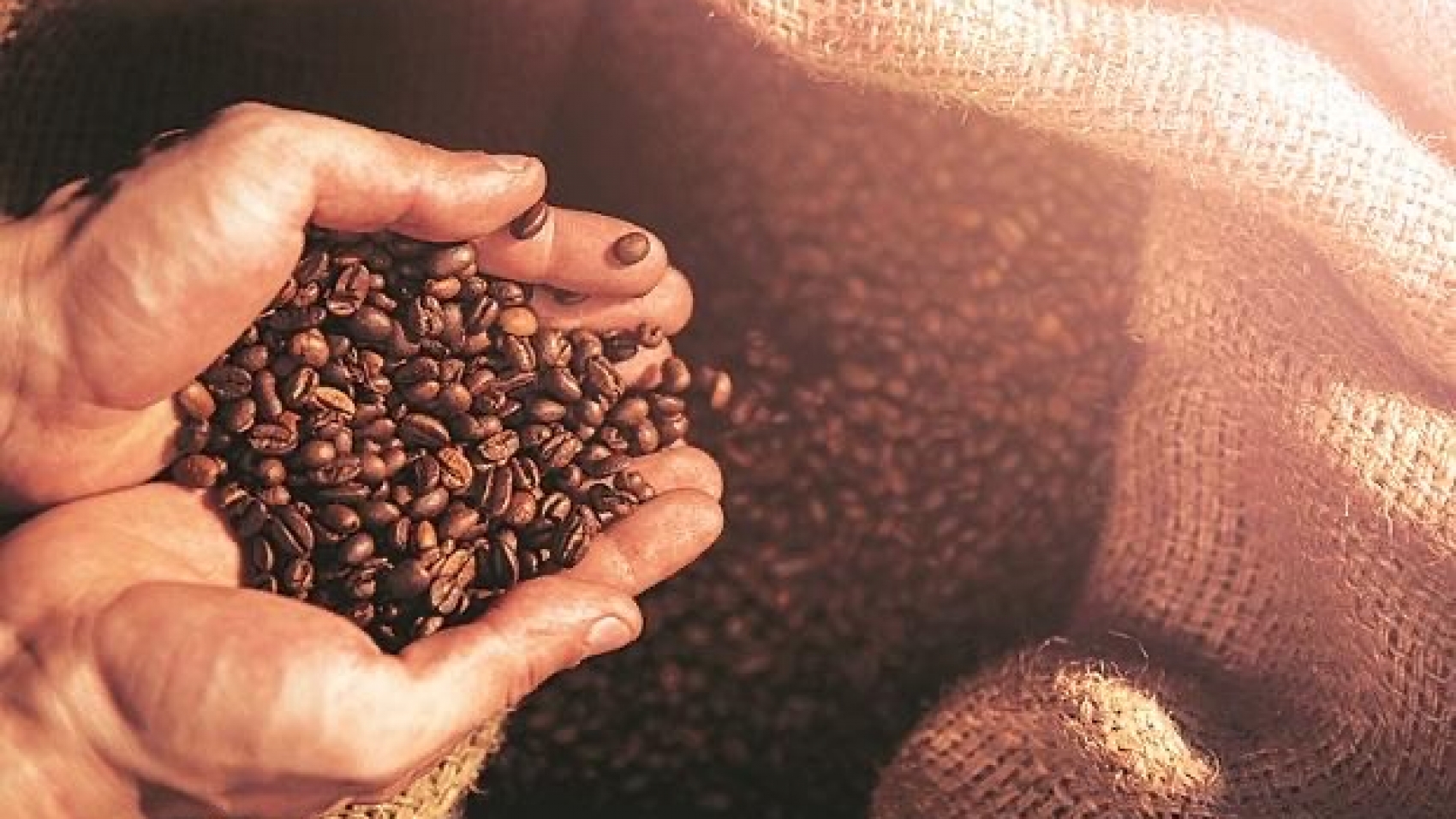Myanmar Investment Commission (MIC) held its 3/2021 meeting yesterday morning at the Office of the State Administration Council Office at office No 18 in Nay Pyi Taw. Member of the State Administration Council Chairman of the Myanmar Investment Commission Lieutenant-General Moe Myint Tun and members of the Myanmar Investment Commission participated in the meeting.
The meeting approved fifteen new projects for electricity generation, livestock, manufacturing and other services sectors, and it also approved the increase in capital of two existing projects. The approved projects amounted to US$ 2,783.822 million and K153.67 billion to create 2,473 job opportunities for the local labours. In today’s meeting, the project to generate electricity from LNG with a large capital intensive investment amount of US$2.5 billion is included in the approved projects.
The electricity generated by the power plant will be sold cent per cent at home, and it is expected to support the goal of 100% nationwide electrification from the national grid by 2030. By the end of April 2021, the countries with the largest investment out of 51 countries/regions investing in Myanmar were Singapore, China, and Thailand. The electric power sector leads the list of most invested sectors out of 12 business sectors with 26.57% of total investment. It was followed by the oil and gas sector, accounting for 25.72% and the manufacturing industry, accounting for 14.61%.
Source: The Global New Light of Myanmar

